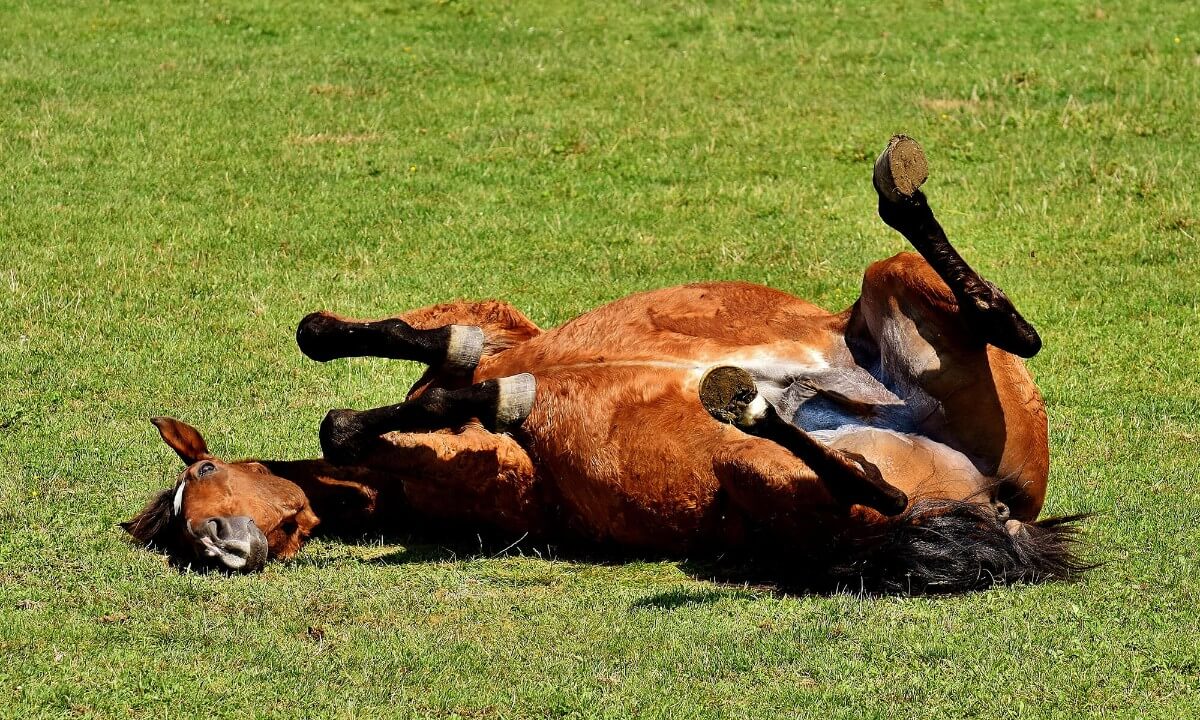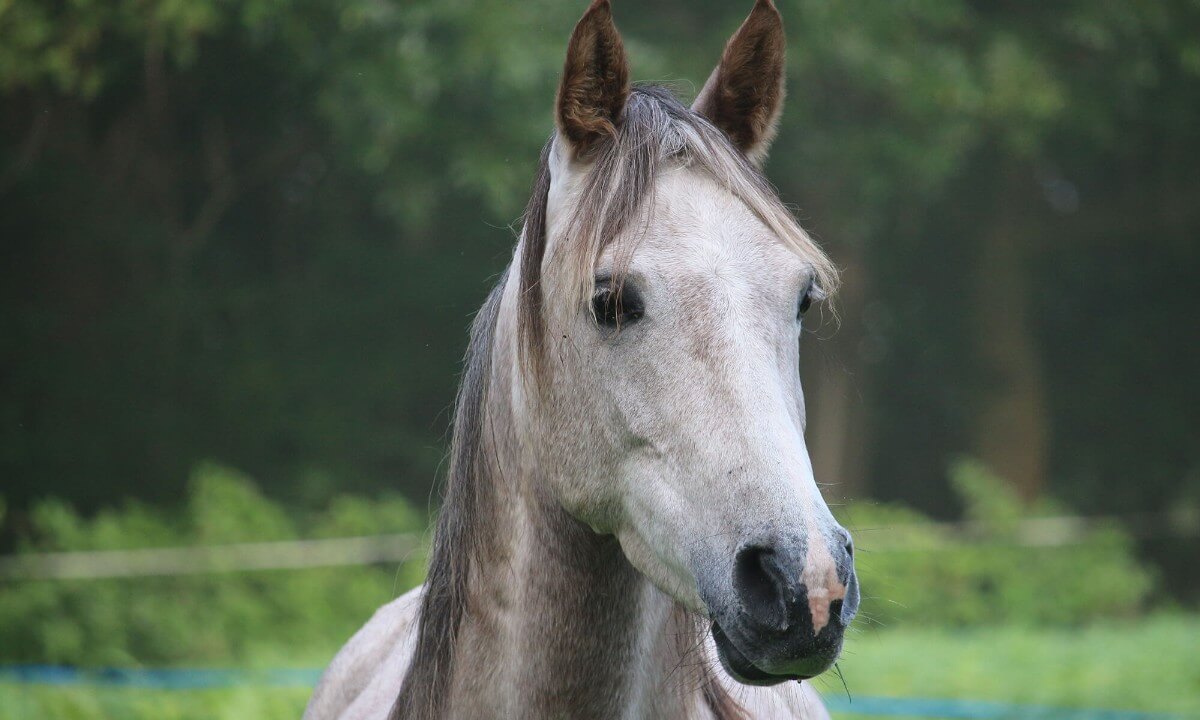About colic
Colic is a term used to describe pain in the abdomen of the horse. However, there are many causes of colic in horses, some of which may be mild whilst others can be life threatening. In the early stages of colic it is not possible to tell the severity and so all cases of equine colic should be treated seriously.
Often the cause of colic in a horse is not be known but can include irregularities in feeding, sudden change of diet, indigestion, gas build up, too much concentrate feed or unsoaked sugar beet, eating of a substance which expands when dampened, intestinal accident, blockage, lack of water, stress, too much food and/or water after exercise, contractions, and inflammation. The risk of colic occurring is increased with feeding horses high carbohydrate diets and inadequate access to hay or grass. Stabled horses are more prone to colic than grass kept horses.
Symptoms of colic
Symptoms of equine colic include restlessness, kicking at the belly, pawing the ground or rolling in an effort to disperse the pain, lying down more than usual, frequently standing outstretched as if to urinate, turning the head towards the flank and curling of the upper lip. A horse with colic will have a high temperature, its pulse and respiration rate will increase and it may also sweat and be off its feed.
Treatment of colic
Veterinary advice should be sought immediately for any horse suffering from colic. Food should be removed and the horse should be prevented from nibbling at bedding until the veterinarian arrives. The horse should be walked as this will distract from the pain and will also help prevent rolling. If it is not possible to prevent the horse from rolling the horse should be placed in an area where it can inflict little damage to itself and cannot become cast.
Recurring colic in horses can be due to a number of more serious causes such as tumours, ulcers, and problems with one of the abdominal organs and should be investigated by a vet.
Prevention of colic
Providing a horse with a regular feeding schedule, constant access to clean water, adequate forage, consistent exercise routine and the avoidance of sudden changes in diet will all reduce the risk of equine colic occurring.












